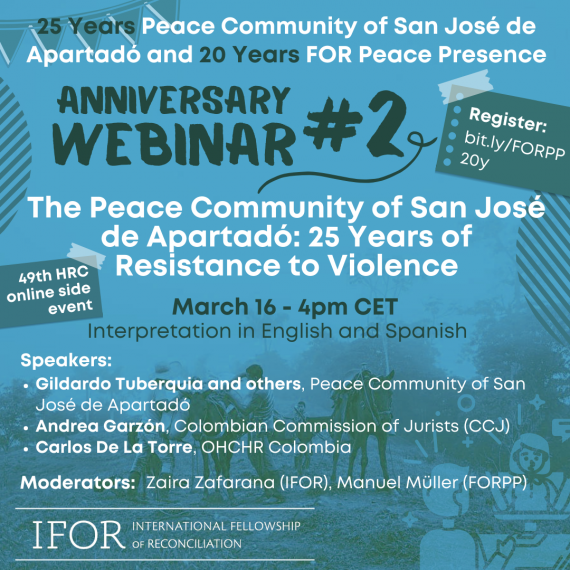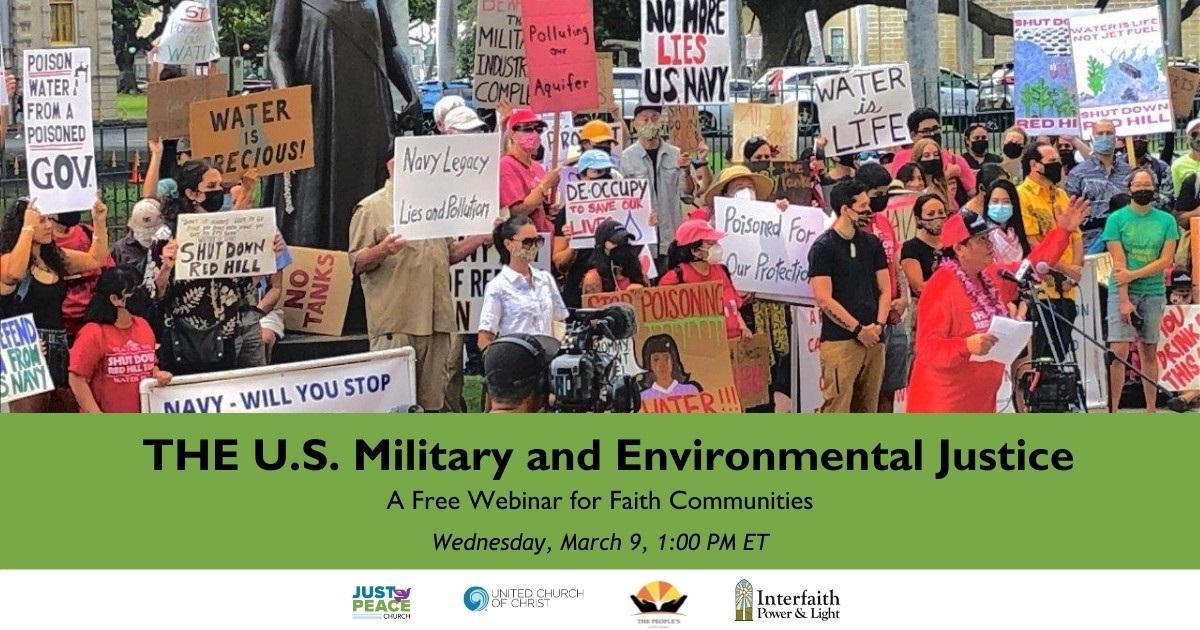Advocates for migrants said the DHS guidance for Ukrainians [allowing Title 42 exemptions] showed unequal and discriminatory treatment of asylum-seekers based on their countries of origin, which is barred under international refugee law. "While it is heartening to see DHS acknowledge that they don't have to turn away asylum-seekers, that hasn't been applied to people from other countries," said Kennji Kizuka, an associate director at Human Rights First, a U.S. advocacy group. "Where were the exemptions for Haitian asylum-seekers arriving last fall?" Kizuka continued. "Where are those exemptions for Cuban, Nicaraguan and Venezuelan asylum-seekers, for asylum-seekers from Guatemala, El Salvador and Honduras?"
- Home
- About Us
- Issues
- Countries
- Rapid Response Network
- Young Adults
- Get Involved
- Calendar
- Donate
- Blog



